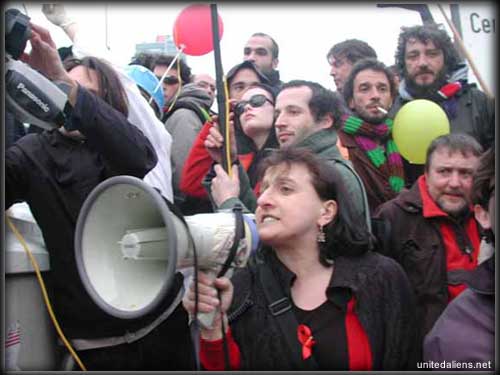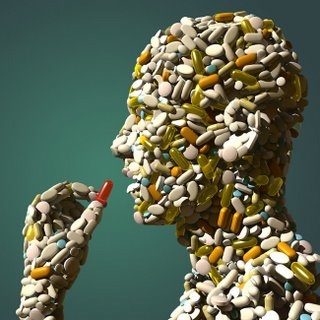AFGHANISTAN, KABUL – some observations by Andria Efthimiou-Mordaunt MSc
HUNDREDS of thoughts, memories and insights are flooding my consciousness about my week in Afghanistan, mainly Kabul. While the few bacteria settle down in my gut and bloodstream, let me try and articulate some of this to you all around the world.
First of all, I want to address the gender-sex-’equality’ issue, as it is the one that I assume will bother some Westerners and/or be of profound interest to others. On the penultimate day of my stay in Kabul, my incredibly patient host Ahmed W took me to his Father-In-Laws home, where his wife seemingly spends most of her time with other women. Ladies in Afghanistan rarely go out alone – very rarely. His wife is many months pregnant and this was a special week in this household as two of the young men had been wed. Wedding celebrations do not begin and end on one day in this ‘less-developed’ country.
They go on for several days: this tribe knows how to party. I was taken into a room full of men and boys (14-63yrs old approx). As guest of honour – visiting scholar if you will, from U.K, I had privileged access to this room. No other women were there. (I am still wondering whether Ahmed had a semi-conscious motive to use my drug policy and other policy and social justice ideas to influence his huge family; time will tell.) Within minutes, I was given the floor to address “why the U.S bombs our country for so long?” and the role of Opium in the economic, agricultural and peace & war brew that is this country’s predicament
Some of you know me as Andria, the enraged widow who will never let go of the lingering visual memory of a dying junky-husband with AIDS; a woman who makes sure other IDUS will always have access to clean needles and G.O.D…Good Orderly Direction, also know as Harm Reduction .
Few of you (including me!) will know that I am slowly getting educated around global drug policy issues.
To the question, why does the U.S. bomb our country? I could only respond, “very good question.” Then I began rapidly connecting the dots between Afghanistan as producer of over 90% of the world’s heroin ultimately – 86% of the U.K’s apparently. I said that the profiteering of Afghan war-lords, narco-traffickers, the corruption of Afghan politicians, law enforcement officers and other officials only gave more excuses to the U.S./U.K to pursue the Opium-eradication policies, which have been endemic for a long time.
The truth is that the world does indeed need a lot of pain control: people living with chronic and or intractable and/or terminal pain should have access to Opium, Heroin, Morphine and any other necessary opioid pain-killer in order to live in some comfort. The fact that a small minority of human beings had found themselves dependent upon these substances, and thus caught in the criminal trap was not an excuse to punish nations who produced coca and/or opium and/or cannabis products. The lies that uphold the global prohibitive drug system are enormous. They seemed to like that a lotJ. The patriarch of the large group raised his hand to attract the interpreter’s – medical doctor’s – attention, and said, “I want to learn how to cultivate and grow opium!” Everybody laughed, or smiled impishly.

